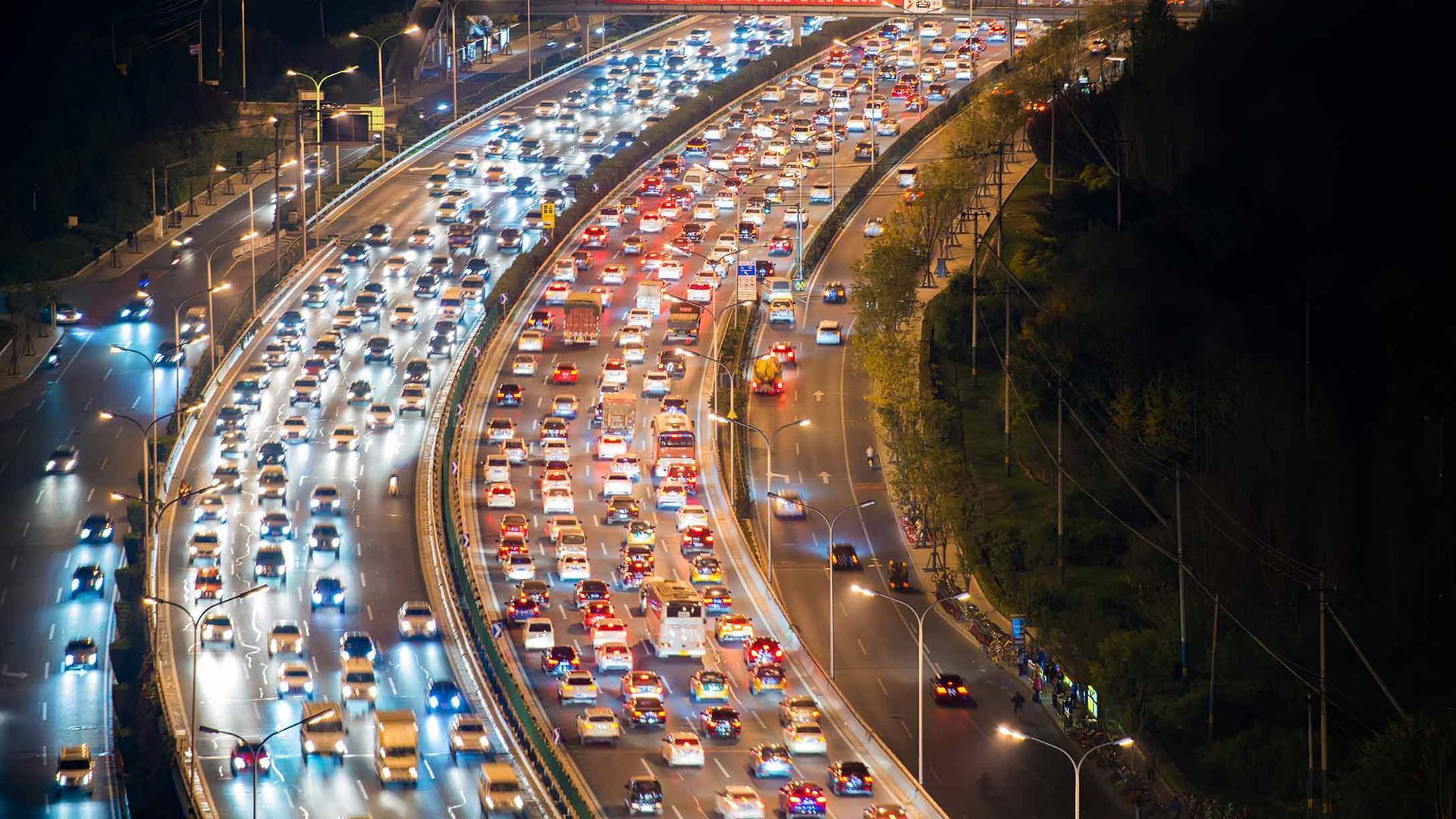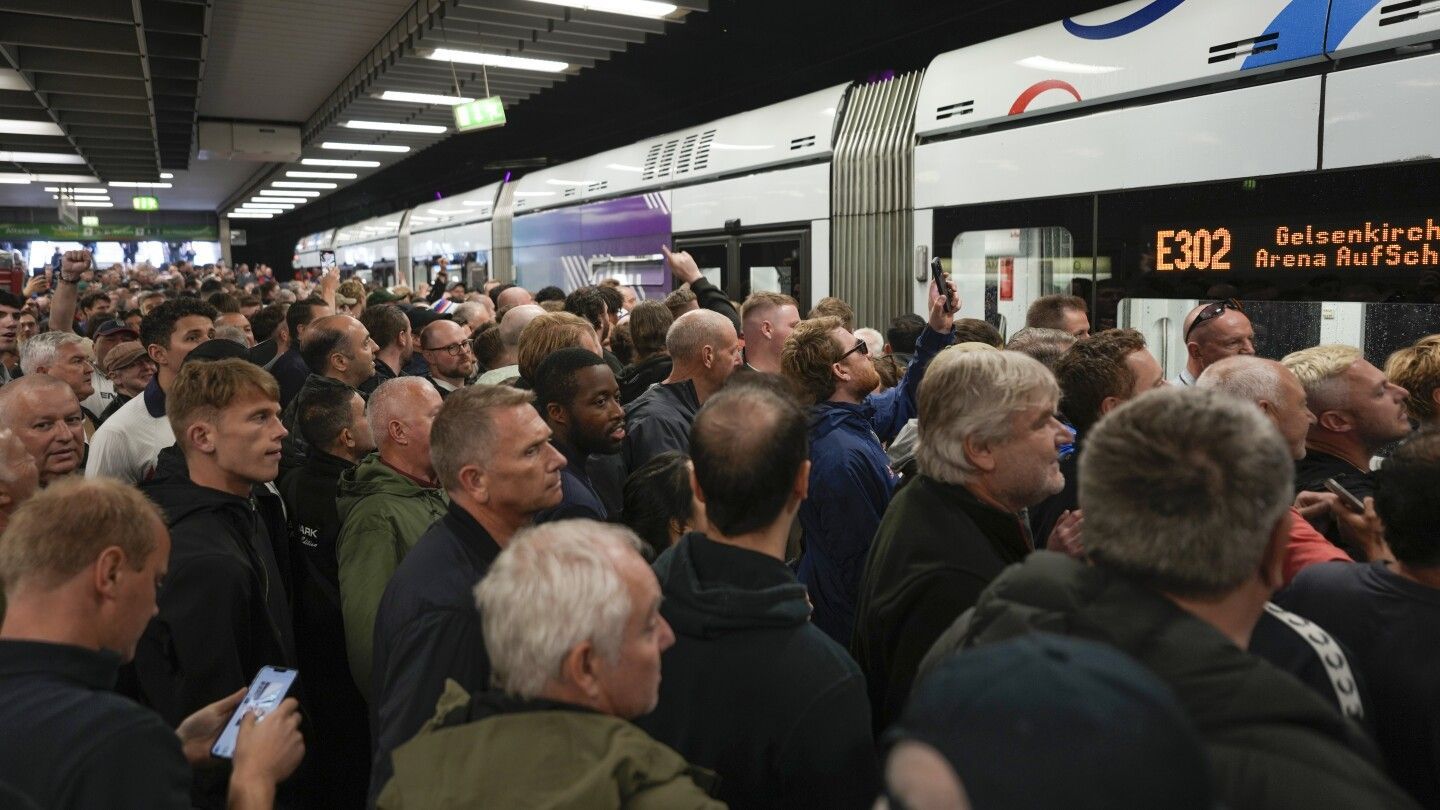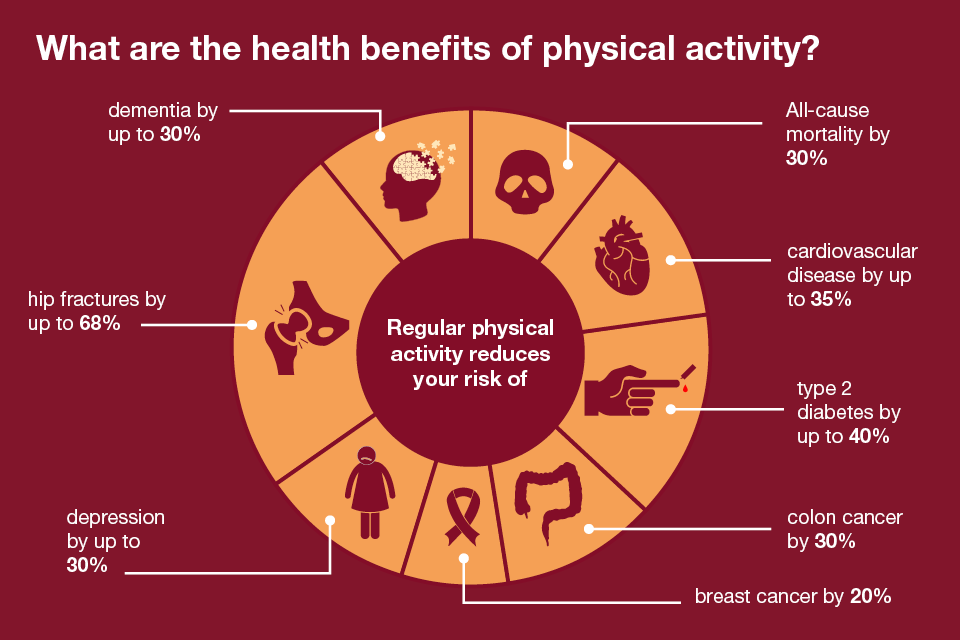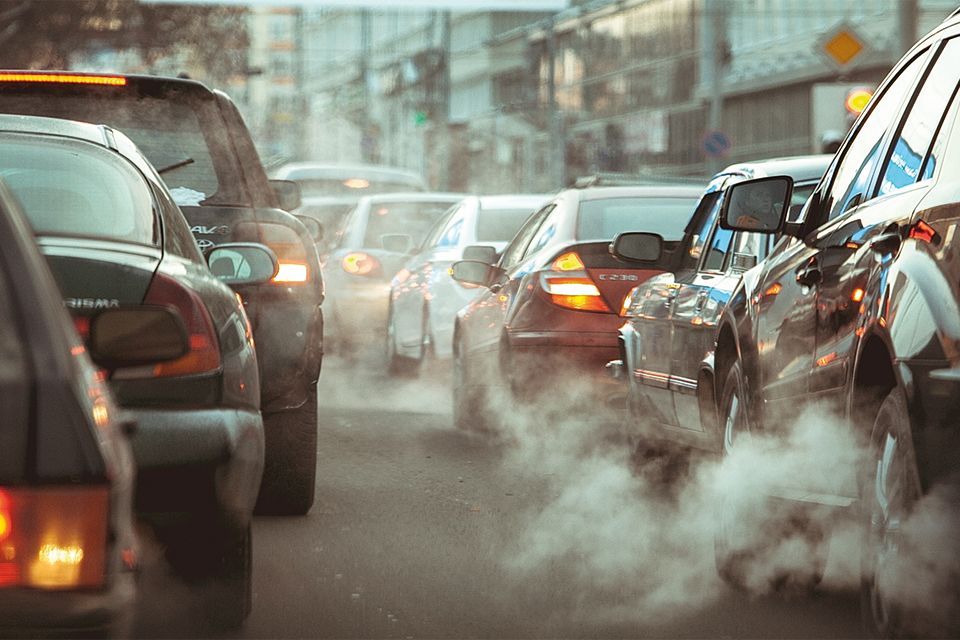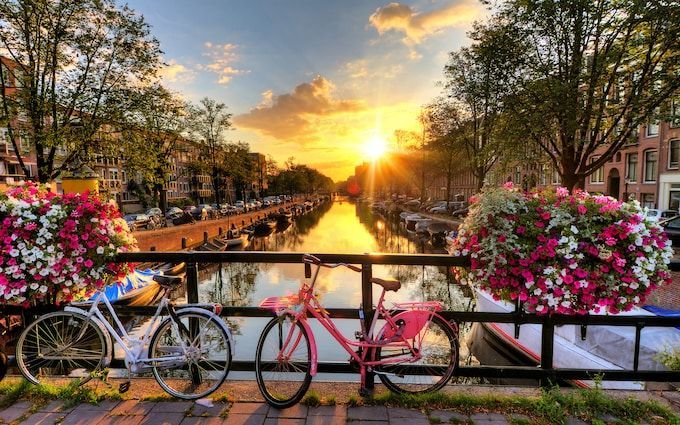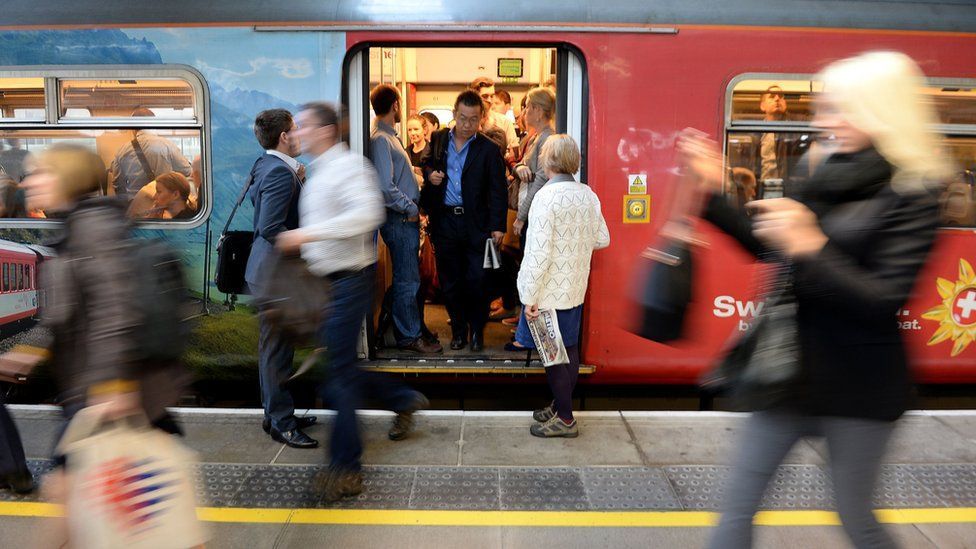COVID-19 and a national travel behaviour change campaign
What could happen if there was a high profile nationally led behaviour change campaign aimed at locking in new travel and lifestyle behaviours as we all emerge from this disruption. Should we give it a go or does putting a concerted effort into influencing behaviours so they match the available transport network before making decisions about investing in new bits of the network (rather than the other way around) seem too much like common sense?

What are the chances that from Monday morning the 11 May, following the UK Prime Minister's announcement of Phase 2 of lock down on Sunday evening, we will see the UK's first ever nationally led multi-modal travel behaviour change campaign?
In recent weeks it has been inspiring to see many Cities across the world using travel behaviour messaging to reinforce the 'stay at home' mantra or whatever versions of that have applied. In the UK the response, in relation to behaviour messaging and travel, from the likes of Transport for London, Transport for Greater Manchester, Transport for West Midlands and some others has been exemplary. BUT the story is not uniform - actions have been within a national vacuum and in some cases inconsistent. Those that are into marketing communications will understand that to achieve greatest impact and resonance with an audience a 'campaign' led-approach is required where agreed core messaging is delivered in a concerted, consistent, coordinated and timely manner from as many of the right communication channels as possible and across as many of those agencies that are communicating with the same audience as possible. In isolation the actions of local authorities and their partners will still achieve good things, and should be applauded, however if this could be stitched together on a national level the impact will multiply not least because businesses and individuals exist in and travel through more than one local authority jurisdiction and on more than one transport mode.
Imagine if from this Monday 11 May in the UK (immediately following our Prime Ministers latest missive), a campaign hit the streets aimed at managing travel demand across all transport networks. One that attempted to lock in some of our current ‘new’ behaviours and ensure that as we move forward those behaviours effectively supported a recovering economy and a recovering society. A campaign that encouraged people to reduce their overall amount of travel particularly by road and public transport, one that called for greater remote working for those that can, one that suggested it would be common sense for those of us that could do so travelled at less busy times to enable key workers (which in due course could include a wider definition than now) to get where they need to and one that actively and obviously promoted walking and cycling for local journeys and more generally spoke of the importance of daily exercise. Naturally, it would need to also ensure that other guidance on social distancing and so on continued.
Many would argue that the extent and precise nature of any campaign would need to be carefully thought through. Yes to a degree, but I would argue that right now we do not have the luxury of time to wait for perfection if we seriously want to affect a step change. As Voltaire said '..don't let the perfect be the enemy of the good'. A failure to take any action on effectively influencing travel behaviours will not result in a good outcome. The campaign can, by its nature, start quickly but be agile and and flex according to changing circumstances easily and cheaply certainly compared to decisions about new infrastructure.
For you statisticians there are many sources of research on this subject. One that has stuck with me most was from the UK's Automobile Association. They recently revealed that of 20,000 car drivers across the UK asked about how their post-COVID behaviours might change compared to those beforehand:
- 22% will drive less
- 51% will drive as before
- 1% will drive more
- 36% will walk/cycle/run more
- 40% will undertake more physical exercise
- 20% will undertake more social activity with their friends/family
Over 65% of respondents said they were currently working from home and over 10% on average said they would continue to do so with that rising to over 20% among those in their 30-40s.
And all this is without any additional form of encouragement to sustain it. Imagine what could happen if there was.
The commentary about massively good impacts on air quality has also been relentless as have the stories of families being able to slow down, enjoy each others company and reset thinking about their family values and what is important for quality of life - when you don't need to commute for hours a day.
Clearly for many (but I suspect the minority) resuming to pre COVID lifestyle and travel behaviours is inevitable as their choices are limited but for the majority who right now are hugely malleable the time to act is upon us. We are all in the midst of adjusting to a new norm and so in behavioural psychology terms now is exactly the right time to at least try to lock in and sustain travel behaviours for the future.
Importantly, the campaign would need to be driven from a single point (in my view UK Government's Department for Transport) and adopted by all transport operators, local authorities, business and so on to achieve maximum impact. A national campaign would allow the focusing of scant resources by local authorities, transport operators and others on delivering essential services whilst also nuancing messaging specific to their territories. It would also significantly increase the chances of a reduced capacity public transport network being able to focus on transporting those most in need and supporting economic recovery whilst going some way to stemming a return to pre COVID-19 road congestion and in doing so enable business to get on with things more efficiently. It would ensure costly investment decisions on supporting transport services and infrastructure could be deferred until we understood what the new shape of demand required.
It
could do a lot of good. How much good is debatable. But I guarantee it would do
more good than not doing it.
But
it would also be a real shame that it would have taken a life changing global
crisis for this to happen. For almost two decades many of us have been calling
for what has always felt like a common sense move like this to be led and
implemented nationally.
The UK, North America, Australia, Japan and many others has seen countless times how managing travel demand in this way during major disruptors such as large scale international sporting events has worked. We have enjoyed being part of that process - so why are many so slow to see its value right now. COVID-19 is a disruptor like no
other. It’s needs a demand management campaign like no other.
When the sun rises this Monday morning in the UK will we see the launch of such a thing? Let's wait and see....
